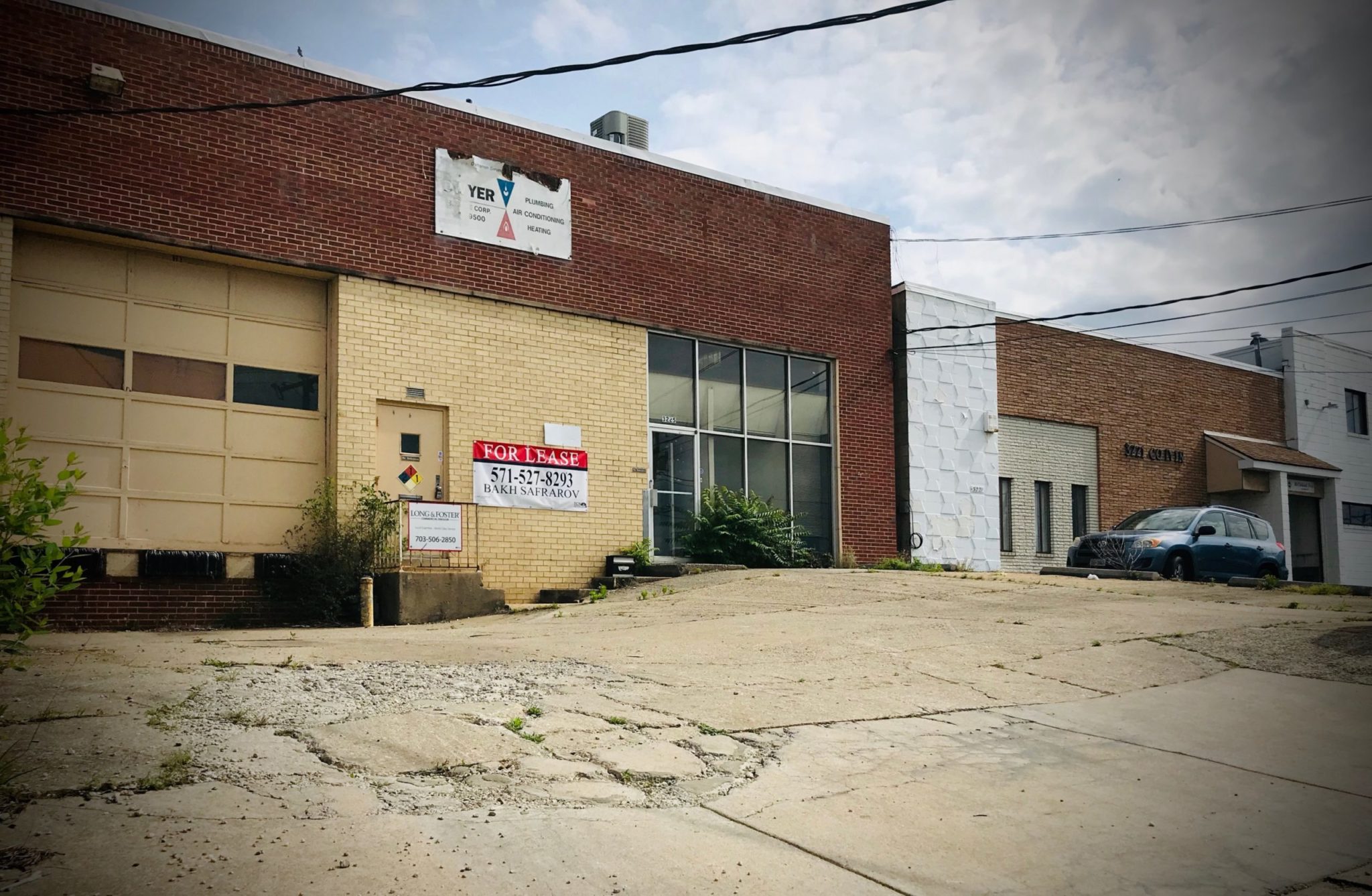The city of Alexandria has paid an outside law firm $49,573 so far to help it fight an ongoing lawsuit about a halal chicken butchery that’s scheduled to open in an industrial area of the city. Alexandria spokesperson Craig Fifer stated the amount of the city’s legal fees in response to a query from Washingtonian, which filed a Freedom of Information Act request for the city’s legal bills in this matter and received partially redacted copies of the city’s invoices from the law firm Buchanan Ingersoll & Rooney.
The lawsuit claims that the city erred when it approved a special-use permit for the butchery this past March. The original lawsuit was dismissed October 8, but plaintiffs’ attorney Elizabeth M. Seltzer tells Washingtonian they refiled their complaint on October 16, with no changes to the named plaintiffs–including two parties who live about a mile and half from the site. The city has filed a motion to dismiss the refiled complaint. According to Alexandria Circuit Court’s online court records system, a jury trial is scheduled to begin in March of next year.
In addition to the city’s outside costs, Fifer says its staff spent “significant time” on the special-use permit application and subsequent questions, which, he says, “is true all of SUP applications.”
The costs of this lawsuit are nowhere near the nearly $1 million Alexandria had to spend to fight a lawsuit about the planned relocation of a French restaurant, which ended when the restaurant’s owners gave up after spending $400,000 on their own. But the plaintiffs are not done yet, and these costs are part of a larger, thorny trend for local governments: Residents who file expensive lawsuits when decisions don’t go their way.
Katherine Einstein is a professor of political science at Boston University who studies how political participation affects housing and development. Neighborhood Defenders: Participatory Politics and America’s Housing Crisis, her forthcoming book with David M. Glick and Maxwell Palmer, argues that “neighborhood participation in the housing permitting process exacerbates existing political inequalities.” During the bad old days of urban renewal, Einstein tells Washingtonian, citizens had little input into municipal decisions that devastated communities. (Southwest DC is a particularly stark example of how such imperious policies could displace residents and businesses.) But now, Einstein says, “I would say the pendulum has swung way too far in the other direction.”
Einstein, Glick, and Palmer’s research shows that people who tend to show up for long municipal meetings that deal with eye-glazing topics like special-use permits are “disproportionally older white homeowners” who are thus able to restrict the boundaries of their neighborhoods, Einstein says. “It requires a lot of savvy and financial resources to file a lawsuit.” Their research also showed that such lawsuits “absolutely depress the amount of housing that gets built.” She says she has no doubt they have similar effect on business.
Seltzer tells Washingtonian the city’s costs “are the unavoidable consequence of failing to comply with legal requirements when approving a slaughterhouse that unreasonably harms and burdens Plaintiffs’ property rights and businesses.”
I asked Fifer whether there was concern among city officials that such NIMBY lawsuits might change how the city considers legislation that may prove controversial. “The City’s land use ordinances and regulatory processes are intended to provide a fair and consistent approach to development in Alexandria,” he replies in an email. “When land use decisions are challenged and the process has been correctly applied, the City’s goal is to represent the public’s interest in maintaining this consistency. Although litigation can be costly, failure to defend the law jeopardizes the integrity of the decisions City Council makes on behalf of the community.”



















